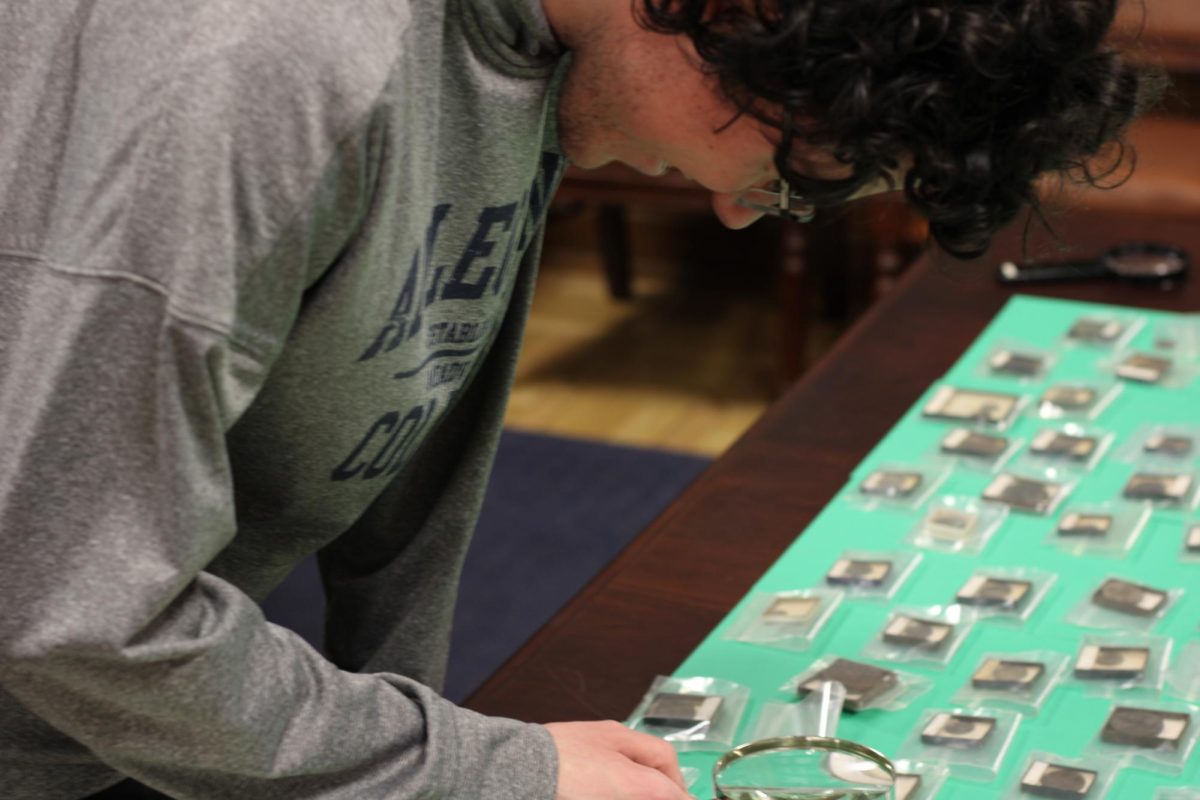It’s been a hit–and–miss year for networks. On the one hand: “Life Unexpected!” “The Vampire Diaries!” “Lost! “On the other hand: “Eastwick!” “The Vampire Diaries!” “The Beautiful Life!”

Television has always been an iffy place. The Internet Movie Database claims Natalie Portman was told “Don’t do television” by Danny Aiello, and apocryphal or not, the advice seems pretty sound.
While Aiello may have been critiquing the skills of television actors, his advice probably had just as much to do with the shelf-life of the average show. Sushi lasts longer.
The death of many shows, such as “Pushing Daisies,” has as much to do with a lack of viewers as a lack of smarts on the part of networks. Advertising is grand, but the over–commercialization and over–exposure of many promising shows kills them before they air, and if shows aren’t felled because of overenthusiastic ad execs, sending shows on a prolonged hiatus makes them lose the attention of the masses just as quickly. We don’t have large attention spans any longer — it’s a miracle we’re still able to make it though the summer hiatus.
With the surplus of shows on the starting block, these concerns might not seem all that pressing. Shows come and shows go. After all, it’s only television. Yet television is a creative form, and it takes as much skill to create an intriguing series as it does to make a film — maybe more. Where films condense life into a space of several believable hours, television covers huge spans of time over the course of characters’ lives, something that requires a great deal of concentration and attention to continuity if meant to be successful.
A series with staying power that isn’t a “CSI” spin-off doesn’t seem like a whole lot to ask for, but the reputation networks have for axing innovative and original shows is daunting. “Veronica Mars” was almost an exception to the rule. Veronica and company lasted three seasons and survived the transition from UPN to the CW, but while three seasons seems like a lot, it really isn’t in comparison to “Bones,” which is on its fifth season, or “CSI,” which has hit its tenth season. My obsession with “Bones” will never die, but “Veronica Mars” was much more original and less reliant on formula.
The same goes for “Pushing Daisies,” another show that met its maker largely thanks to the 2007–2008 Writers’ Strike, which cut the episode order short, despite the show’s high ratings after it premiered.
On March 21, “Breaking Bad,” AMC’s surprising critical and ratings success, returns. The show, which is simultaneously dark, humorous and self–aware, premiered on Jan. 20, 2008. Now in its third season, “Breaking Bad” continues the story of Walter White (Bryan Cranston), a genius and a high school chemistry teacher who learns he has lung cancer. After his diagnosis, Walter begins to cook crystal meth with Jesse Pinkman (Aaron Paul) in an attempt to leave his pregnant wife,
Skylar (Anna Gunn) and son Walter Jr. (RJ Mitte) with enough money to live comfortably. Mistake follows misfortune follows cash, and Walter finds himself becoming more and more ruthless as he concentrates on helping his family before he dies.
“Breaking Bad” isn’t a show for the faint of heart. It explores heavy themes and bloody situations with upfront honesty. While adored by critics and able to generate considerably good ratings, “Breaking Bad” still teeters on that cliff edge — will execs keep it, or will execs let it go?
In today’s world, good television is meaningless. It’s the ratings that matter, not the quality. And until we begin to turn our attention to things that require thought, we’ll keep losing the good and keep bringing on the awful. So this March 21 at 10 p.m., turn on your TV to AMC. Allegheny pays for your cable — make good use of it.






